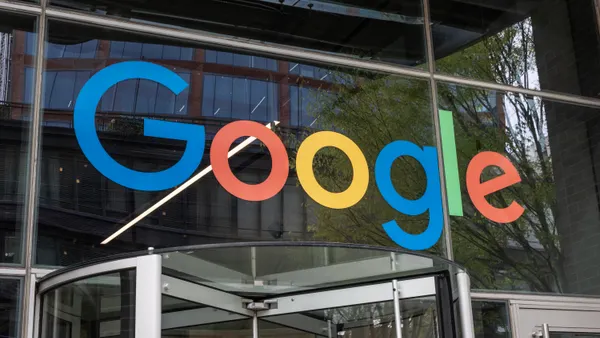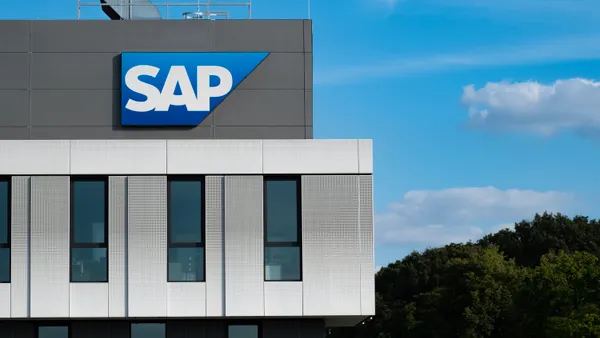Dive Brief:
-
Microsoft Teams celebrated its first birthday on Monday and is now used in 200,000 organizations worldwide and available in 39 languages according to a company announcement. Companies that have implemented Teams in the last year include A.P. Moller-Maersk, Macy's, NASCAR and General Motors.
-
Teams is built as a feature of Office 365 and Microsoft is introducing additions to the platform in the coming year, including cloud recording for automated transcriptions and inline message translation for language barriers among users.
-
Microsoft is enabling Teams for the Microsoft Surface Hub, the "all-in-one large-screen team collaboration device," as well as Lenovo, HP and Logitech devices. All Skype Room Systems are also enabled to "support" Teams-based meetings, according to the announcement.
Dive Insight:
While Teams is still in its infancy, its rapid growth of implementation is hard to beat. Teams appeared on the market long after communication platform pioneer Slack, but its ease of integration has helped it become a dominant tool in the space.
Slack established itself as the most "innovative" platform on the market when it opened shop in 2014 but mega tech companies like Microsoft, Facebook and Google have since far surpassed the 50,000 companies that use Slack.
Though Facebook Workplace's October 2016 debut was not far ahead of Microsoft, the social network platform was an easy solution for company collaboration. Nearly all of these platforms are reflective of how people communicate in their social lives, which translates to communication at work too.
Still, Microsoft is the leader in the software market and Teams is proving its rank in the communication market. Among several updates to the platform in the last year, Microsoft announced its expansion of its existing guest access feature to "any email account with guest accounts."
Previously, guest access was revealed in September and granted full functions of Teams to outside companies as well as any company with an Azure Active Directory account or anyone who uses Microsoft commercial cloud services.













